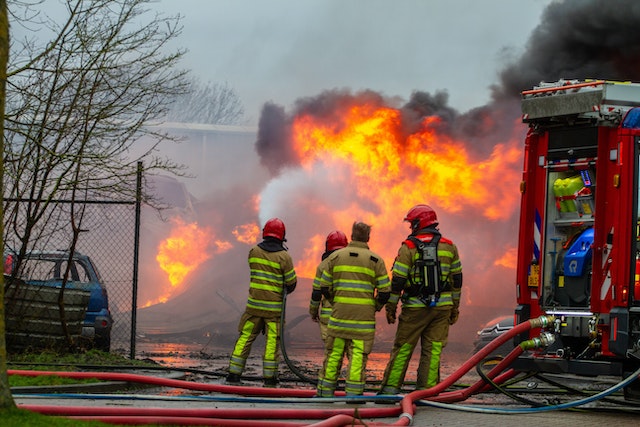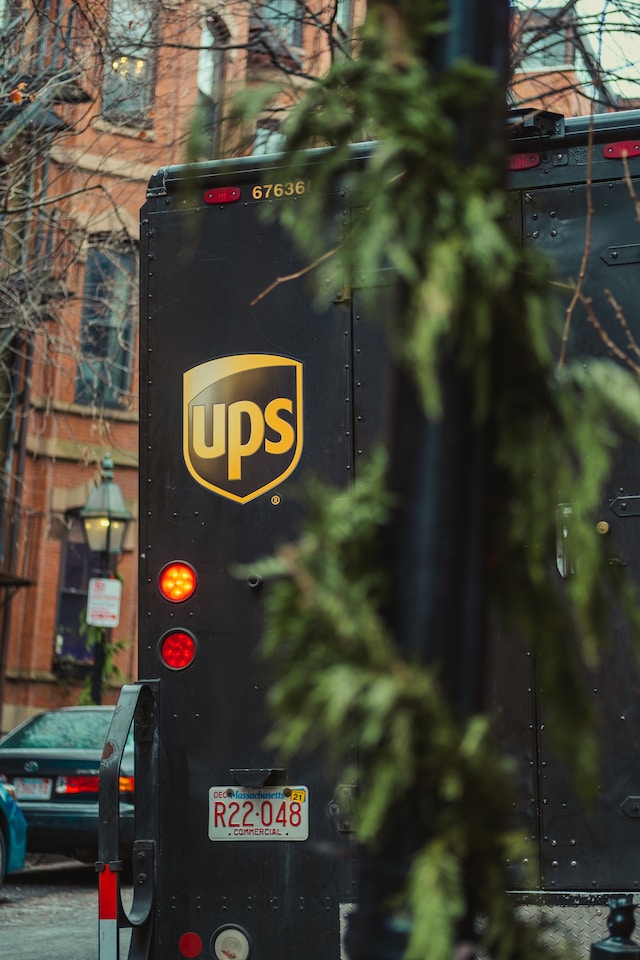Grease fires can quickly turn a pleasant cooking experience into a dangerous and potentially life-threatening situation. LA Fire & Rescue firefighters have witnessed the devastating consequences of grease fires, which often occur due to simple mistakes or lack of knowledge. In this article, we will delve into the insights shared by these brave firefighters, shedding light on essential tips and practices to prevent grease fires and ensure kitchen safety.
- Understanding the Nature of Grease Fires
Grease fires differ from regular fires in several ways, making them particularly hazardous. Water cannot extinguish a grease fire; in fact, it exacerbates the flames, causing the fire to spread rapidly. Grease fires typically occur when cooking oil or fats reach their smoke point and ignite. Awareness of this unique nature is critical in handling grease fires safely.
- Preventing Grease Fires
Prevention is always better than dealing with the aftermath of a fire. LA Fire & Rescue firefighters emphasize the following preventive measures:
a) Never Leave Unattended Cooking: One of the leading causes of grease fires is leaving the stove or oven unattended. Always stay in the kitchen when cooking with oil or grease and keep a close eye on the heat levels.
b) Control Temperature: Regularly monitor the temperature of your cooking oil. If you notice the oil beginning to smoke, it’s a sign that it’s close to its ignition point. Turn off the heat immediately and allow the oil to cool down before continuing.
c) Keep Flammable Items Away: Keep flammable materials, such as kitchen towels, oven mitts, and paper towels, away from the stove area. These can easily catch fire if they come into contact with hot oil or an open flame.
d) Use a Splatter Guard: When frying, use a splatter guard to prevent oil from splashing onto the stovetop or burner, reducing the risk of a fire starting.
- Handling a Grease Fire
Despite all precautions, a grease fire might still occur. In such a situation, knowing how to respond promptly can save lives and prevent severe property damage. Follow these steps if you encounter a grease fire:
a) Turn Off the Heat: The first and most crucial step is to turn off the heat source. This will help stop the fire from getting worse.
b) Cover the Flames: Use a metal lid or a cookie sheet to cover the pan entirely. This action will suffocate the fire by cutting off its oxygen supply.
c) Don’t Use Water: Under no circumstances should you try to extinguish a grease fire with water. Water will cause the oil to splatter and spread the flames further.
d) Use a Fire Extinguisher: If you have a Class B fire extinguisher (suitable for grease fires) and know how to use it, you can attempt to put out the fire from a safe distance. However, if the fire persists, evacuate and call the fire department immediately.
Conclusion
Grease fires are dangerous and can escalate rapidly if not handled correctly. Understanding the unique nature of grease fires and taking preventive measures is essential for kitchen safety. LA Fire & Rescue firefighters stress the importance of never leaving cooking unattended, controlling cooking temperatures, and keeping flammable items away from the stove area. In case of a grease fire, remember to turn off the heat, cover the flames, and never use water. By incorporating these safety measures into our daily cooking routines, we can significantly reduce the risk of grease fires and protect ourselves, our homes, and our loved ones. Stay informed, stay safe!












